PARIS: The Uncertain Future of Olympic Boxing Amidst Thrilling Competitions
Amidst the resounding cheers of spectators and the sharp impact of gloves meeting faces, the North Arena pulses with the electrifying energy of Olympic boxing. The intense bouts, marked by determined faces, blood, and sweat, have captured the audience’s imagination, cementing boxing’s place atop the popularity charts. Yet, despite its widespread appeal, the sport faces an existential crisis within the Olympic framework.
The International Boxing Association (IBA), previously the sport’s global governing body, was ousted and de-recognized by the International Olympic Committee (IOC) in June of the previous year. Following a failed appeal to the Court of Arbitration for Sport (CAS), boxing finds itself on the brink of exclusion from the Olympics, with no confirmation of its inclusion in the 2028 Los Angeles Games. The IOC is managing the sport’s presence in Paris, but the absence of a legitimate global body leaves its future uncertain.
Boris van der Vorst, President of World Boxing (WB), has been a visible figure at the arena, observing the matches with a composed demeanor, dressed in a white shirt and black jacket. In May, WB engaged in discussions with the IOC regarding the sport’s future. The IOC emphasized the need for National Sports Federations (NSFs) to align with a recognized body to prevent boxing from being sidelined in 2028. WB seeks IOC recognition by October, aiming to meet the early 2025 deadline for inclusion in the Olympic program.
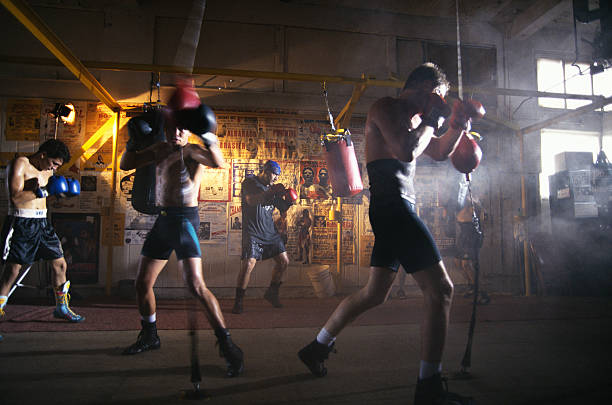
While enjoying the sport, Van der Vorst has been actively engaging with NSFs. He noted that 37 countries are already affiliated with WB, with expectations of surpassing 50 by the end of the Olympics, a threshold necessary to seek IOC provisional recognition. He highlighted the importance of the upcoming months, stating, “To achieve full recognition next year, we need to gain more NSF support.”
In a candid conversation with TNIE at ringside, Van der Vorst expressed optimism about WB’s progress toward provisional recognition by October. Reflecting on the pivotal May 6 meeting with the IOC, he emphasized, “This was a significant step to demonstrate our commitment to the boxing community and our dedication to keeping boxing within the Olympic movement. This was the primary reason for establishing World Boxing and announcing it publicly a year ago in England.”
He elaborated on WB’s initiatives, stating, “We have already hosted high-quality competitions in the USA, Finland, Germany, the Netherlands, and England. We are working diligently to establish a competitive calendar that will attract new NSFs and create a sustainable organization.”
Van der Vorst emphasized the critical nature of being part of the Olympic movement, stating, “It’s not merely about funding or participating in a multi-sport event every four years; it’s much more significant. Being part of the Olympic movement is essential for the survival of national federations.” He recounted a visit to a boxing gym in India, where he witnessed the ambition of young athletes. One boxer expressed his dream, saying, “I want to be an Olympian for India. This is why we must keep the Olympic dream alive for every boxer.”
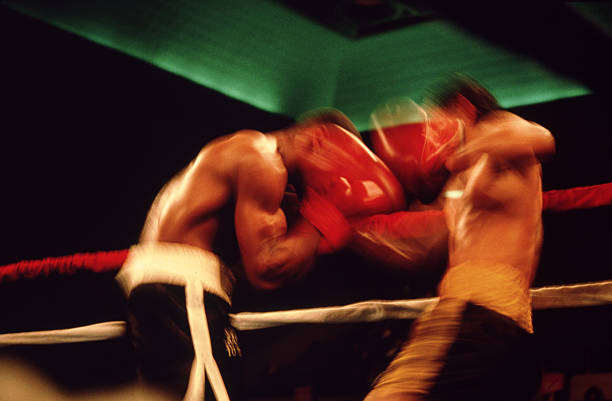
Addressing concerns over refereeing controversies, Van der Vorst assured that WB is committed to ensuring fair officiating. “Our focus is on fair officiating, ensuring that the best boxer prevails, not the most influential national federation,” he said, praising the IOC’s efforts in managing officials to minimize corruption risks. He mentioned WB’s plans to use modern technology to enhance the transparency and fairness of judging, with pilot projects already underway.
India’s Role in World Boxing’s Future
Van der Vorst highlighted India’s significant contribution to WB, stating, “India’s joining WB has been a game-changer. As a boxing powerhouse, India’s involvement is crucial. They are reaching out to other national federations in their region, discussing international developments and encouraging them to join WB. I believe India should play a leading role in boxing, both regionally and globally. The leadership of India’s current National Federation, led by President Ajay Singh, is commendable.”
He noted that shifting the power dynamics from Central Asian nations like Uzbekistan and Kazakhstan would require India’s dedicated efforts.
On the Inclusion of Transgender Athletes
Van der Vorst addressed the topic of transgender athletes in boxing, stating, “The Paris Boxing Unit (PBU) is overseeing this tournament, ensuring a well-monitored environment with no formal complaints from last year’s competitions, including the World Championships. It is crucial for WB that boxer safety remains paramount.”
He explained that the situation is evolving and that WB’s medical commission is tasked with further investigating and developing policies that consider both safety and inclusivity.
Regarding WB’s decision to allow participation in IBA events, Van der Vorst noted, “We are in a transitional phase, and it is uncertain how long this participation will continue. Once we achieve professional recognition, we may see changes.”
READ ALSO: The Bachelorette: Sam M.’s Alleged Ex-Fiance Who Cheated on Him
Van der Vorst also mentioned that the Americas are well-represented within WB, with NSFs from Argentina, Brazil, Honduras, Panama, Canada, and the USA on board. He added, “Asia is developing, and significant NSFs are joining World Boxing. In Europe, the Nordic countries, England, Scotland, Wales, the Netherlands, Germany, and now Italy are showing strong interest. Oceania is well-represented with Australia, New Zealand, Tahiti, and Tulu. Africa poses more challenges, but we have Nigeria and anticipate more countries joining soon.”
Despite the challenges, Van der Vorst remains optimistic about WB’s progress, believing that by October, the necessary groundwork will be laid for boxing’s continued presence in the Olympics.
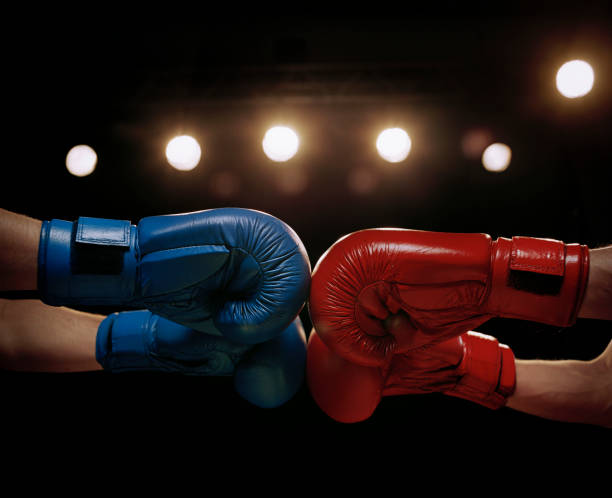
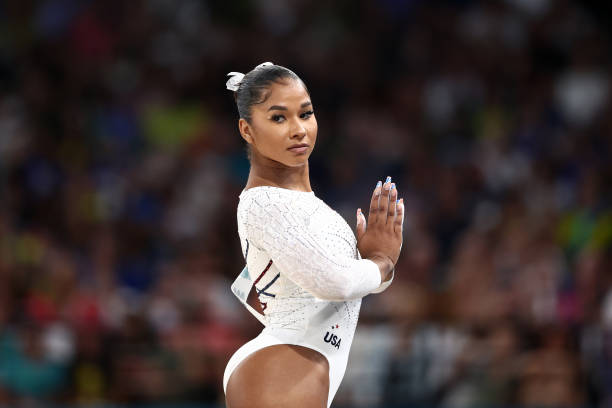
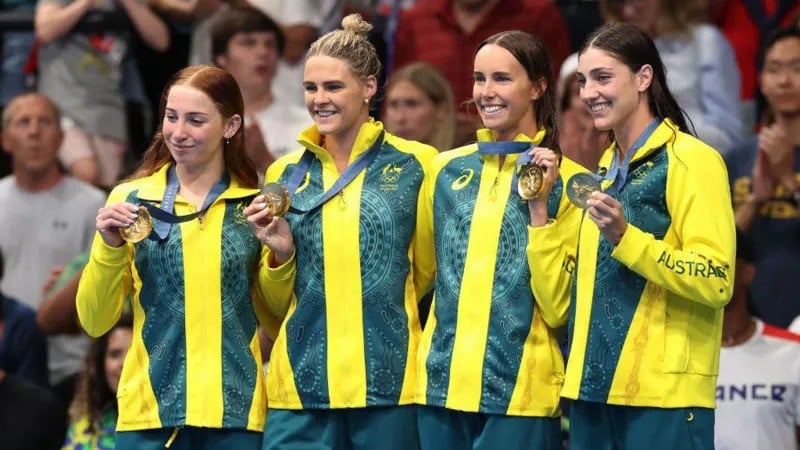

One thought on “WORLD BOXING chief said that More than 50 NSFs will join us by end of Olympics”